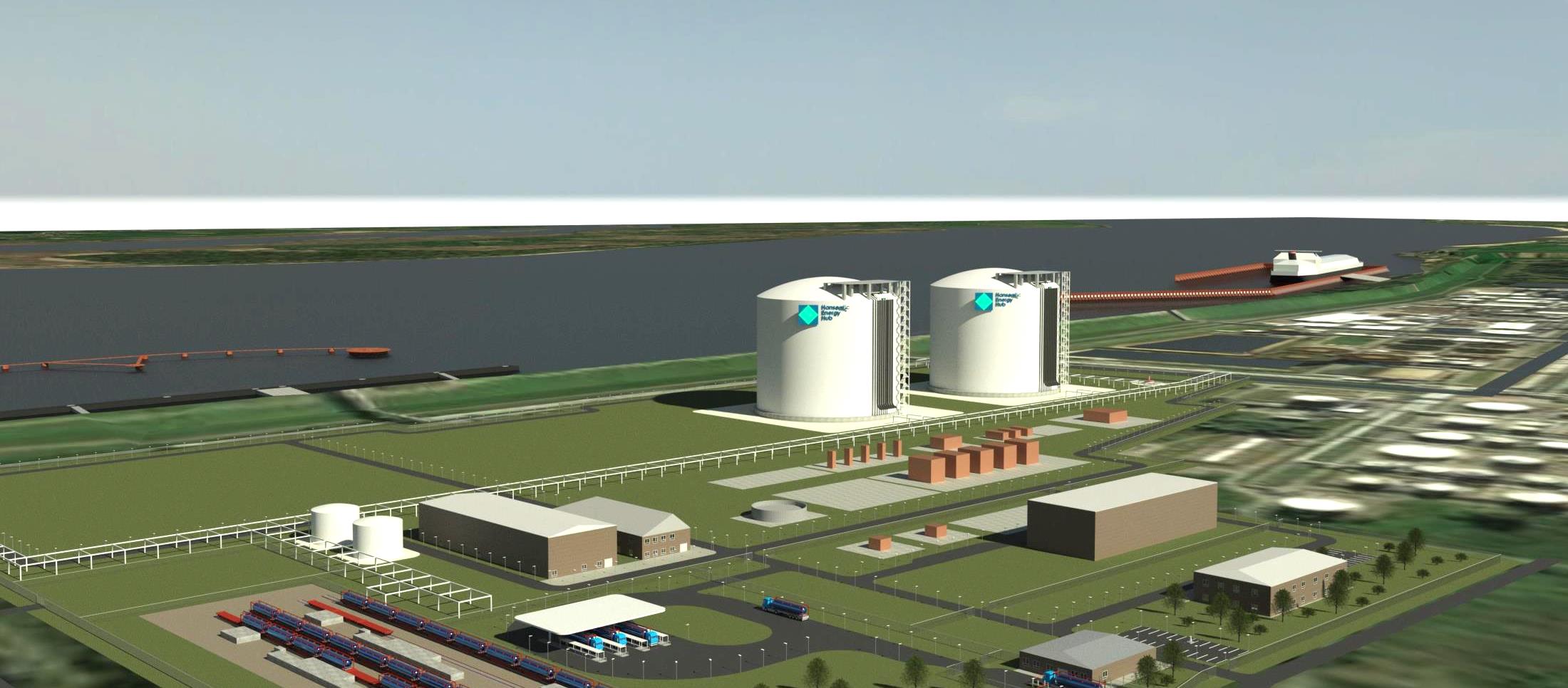Germany’s Hanseatic Energy Hub, the developer of the Stade LNG import terminal near Hamburg, is working to finalize the terms and conditions for a binding open season to enable its customers to secure capacity at the facility.
“As early as summer 2022, international market participants will be given an opportunity to submit binding requests for booking terminal capacity as part of a binding open season,” HEH said in a statement on Tuesday.
Last month, HEH said market players had shown “great interest” to book capacity at the facility as it looks to accelerate the realization of the LNG import terminal with a capacity of 13.3 bcm per year.
“The response to our expression-of-interest process in April has been extremely positive,” commercial director Danielle Stoves, said.
“Demand in the market is high and HEH is already in an advanced position with very detailed information available on the commercial and technical elements of the terminal,” Stoves said.
Germany to have several LNG import facilities
HEH said it started approval processes for the terminal and port, becoming Germany’s first LNG import project to do so.
Germany has no LNG terminals but it will build several plants as it looks to slash reliance on Russian gas. The country is also working on chartering four floating storage and regasification units (FSRUs).
HEH says the Stade capacity of 13.3 bcm per year corresponds to around 15 percent of Germany’s gas demand.
Besides LNG, the terminal developer also plans to import ammonia in the future.
Current HEH partners include Germany’s Buss Group, Switzerland’s Partners Group, and Belgium’s Fluxys.
In addition, US chemical firm Dow recently bought a minority stake in the LNG terminal developer.
This year, the JV received approval from the local government for the planned Stade facility. HEH also signed a memorandum of understanding with German energy firm EnBW for capacity booking.
HEH expects to take a final investment decision by 2023 and start importing LNG in 2026.

